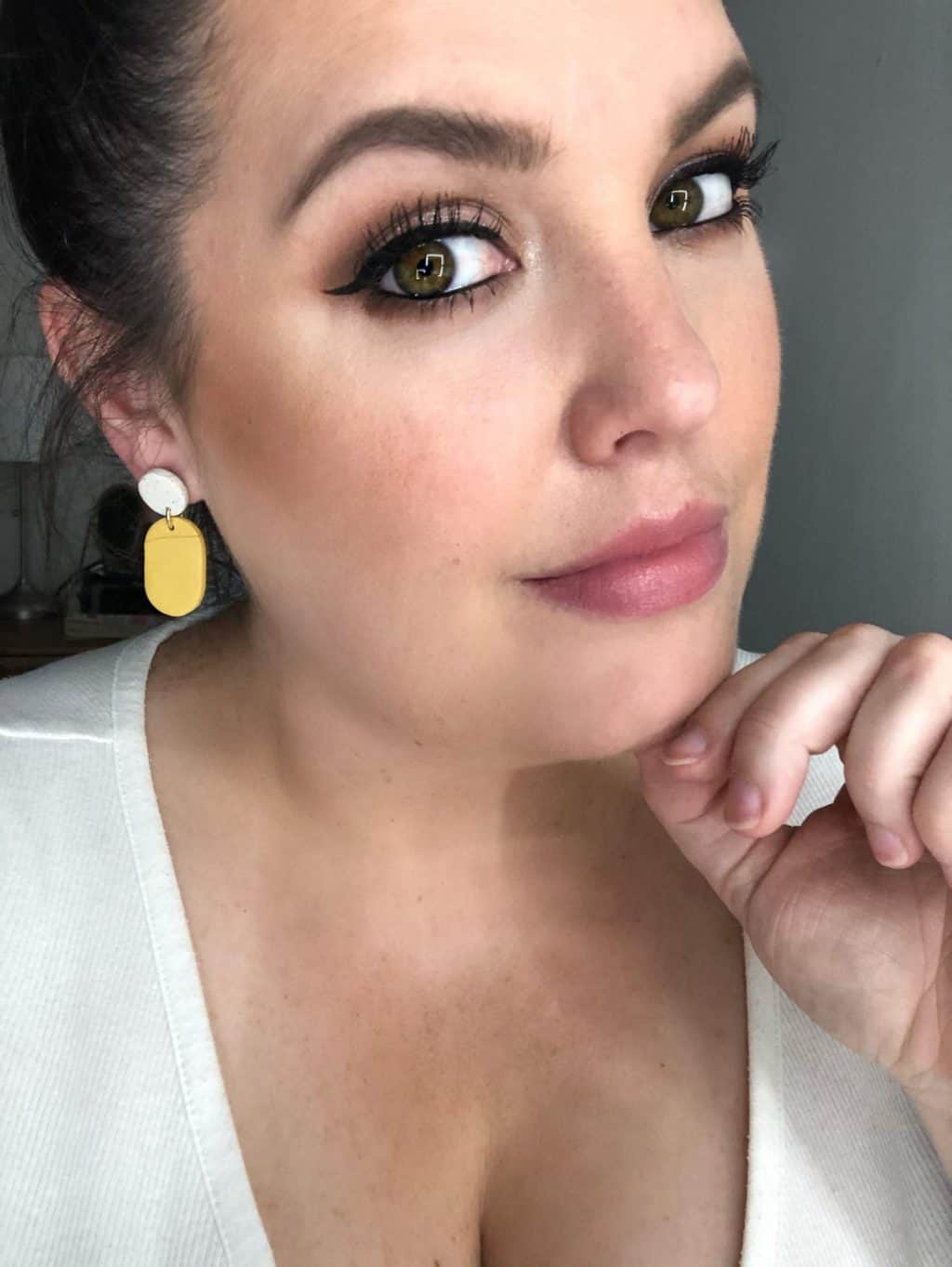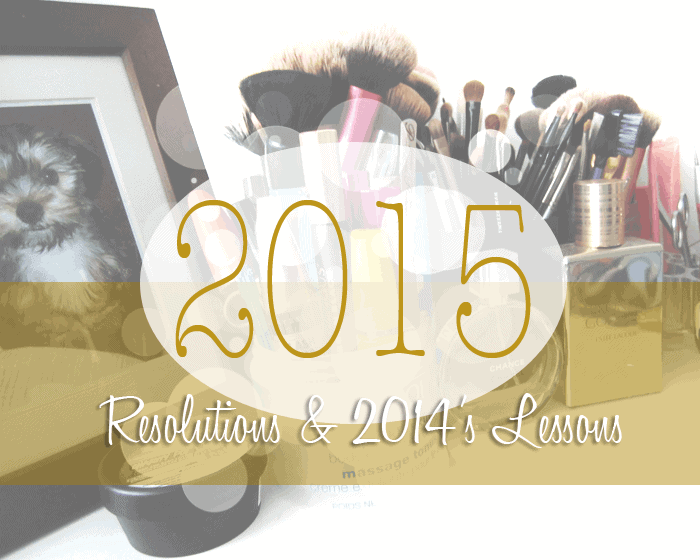What is Toxic Positivity?
Is there such a thing as too much, forced or even “toxic” positivity?
I’d reckon that many would automatically answer that positivity is always a good thing, but I would beg to differ.
We’re in a world where we’re trying to be more mindful of others (if you’re not, you might be part of the problem, just sayin’). Of course, having a sunny outlook on life is deemed an endearing personality trait, but what if that very thing makes you dismissive of others struggles?
Is too much positivity a bad thing?

I came across the term “toxic positivity” the other day, and it really resonated with me. I’ve always considered myself a “realist” – which some who are impossibly positive might refer to as being negative.
I’ve always found those who are positive just for the sake of not being negative hard to relate to; It can seem not only phoney but actually really invalidate genuine concerns.
Now, I’m not one to automatically toss out the term “toxic’ on things because I find it incredibly overused. But I do believe there is dismissive positivity, and toxic traits can lead to it.
I’ve done a little breakdown of dismissive positivity, as well as ways to respond to someone who might come at you with it. Keep reading, and let me know how you’ve found dealing with people who are unobtainable optimistic.

According to Psychology Today, “the phrase “toxic positivity” refers to the concept that keeping positive, and keeping positive only, is the right way to live your life. It means only focusing on positive things and rejecting anything that may trigger negative emotions.”
HOW CAN I TELL IF ITS TOXIC POSITIVITY?
I have a friend who only ever responds to hard situations with comments like, “well just be positive!” and “there are people out there struggling so much worse”. She thinks she’s forcing my hand in feeling positive, and it couldn’t be farther from the truth.
In actuality, using language like this is dismissive of someone’s struggles, challenges and emotions. It’s empty and meaningless, dismissive positivity, dare I say.
Similarly, when you don’t pay attention to feelings unless they are purely positive, it gives off the impression that you are unapproachable and unrelatable.

I’ve found this type of dismissive positivity is really strong in the motherhood space; As mothers, we are often expected to justify our feelings for fear of someone thinking we don’t count our blessings.
A new mother might be having a particularly rough go with postpartum depression and hearing something like, “But appreciate what a beautiful baby you have!” after trusting someone with her feelings could be incredibly hurtful and possibly damaging.
“Youth does not equal happiness. We know this about money, success and fame, but why do we expect our youth to automatically be happy/grateful/positive?”
TweetThis is also something I find common in the Baby Boomer generation and older, towards young people, as well. The whole, “Young people you should happy how good you have it!” is such an unproductive response. Youth does not equal happiness. We know this about money, success and fame, but why do we expect our youth to automatically be happy/grateful/positive?
“As mothers, we are often expected to justify our feelings for fear of someone thinking we don’t count our blessings”

WHY IS IT CONSIDERED TOXIC POSITIVITY?
Society has led us to believe that the only “right” way to live, is positive.
It’s ok to feel negative about something, and spoiler alert: That doesn’t make you a negative person!
It’s 2020 and that means we can’t just chalk people up to being overly sensitive, negative, dramatic or annoying, purely because they aren’t positive, don’t ya think? Humans are pretty complex creatures and just as we don’t live in black and white, we also don’t feel that way.
There isn’t just good or bad in this world, and there also isn’t just negative and positive.
Only ever looking for the bright side or silver lining may temporarily seem like a positive way to move forward… but what if we switched out “positive” for “validation” or “hope”? Paying attention to the emotions and circumstances of yourself and others in a productive way may actually be the most positive management of feelings going forward for the future.
So the next time someone says they’re having a really hard time in life, or responds to something in a way that expresses a negative emotion: Validate them, and give them hope.
Let me know if you’ve experienced toxic or dismissive positivity in your life, either from someone else or if it’s something you find yourself doing.
Do you find yourself automatically wanting to respond to someone with an empty positive term?







Great post!
Thank you for your efforts.
Thanks for sharing such an unique and amazing content, I appreciate your efforts.